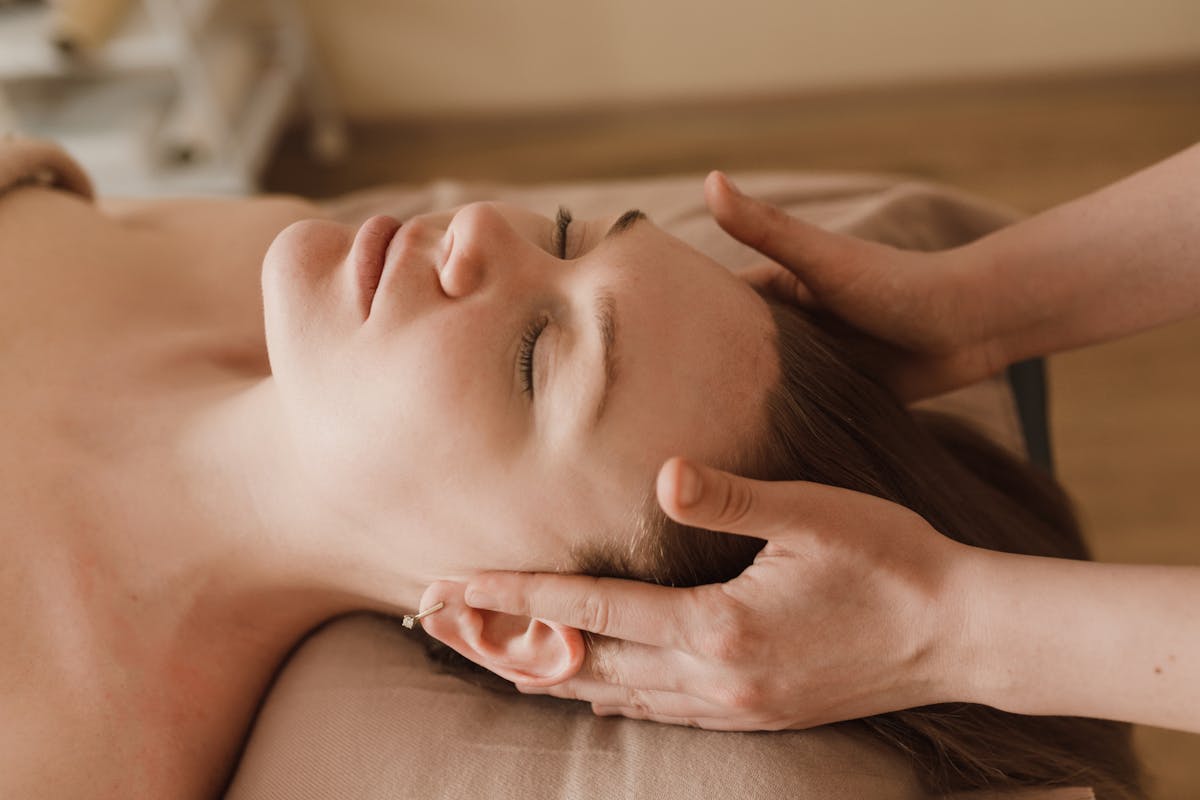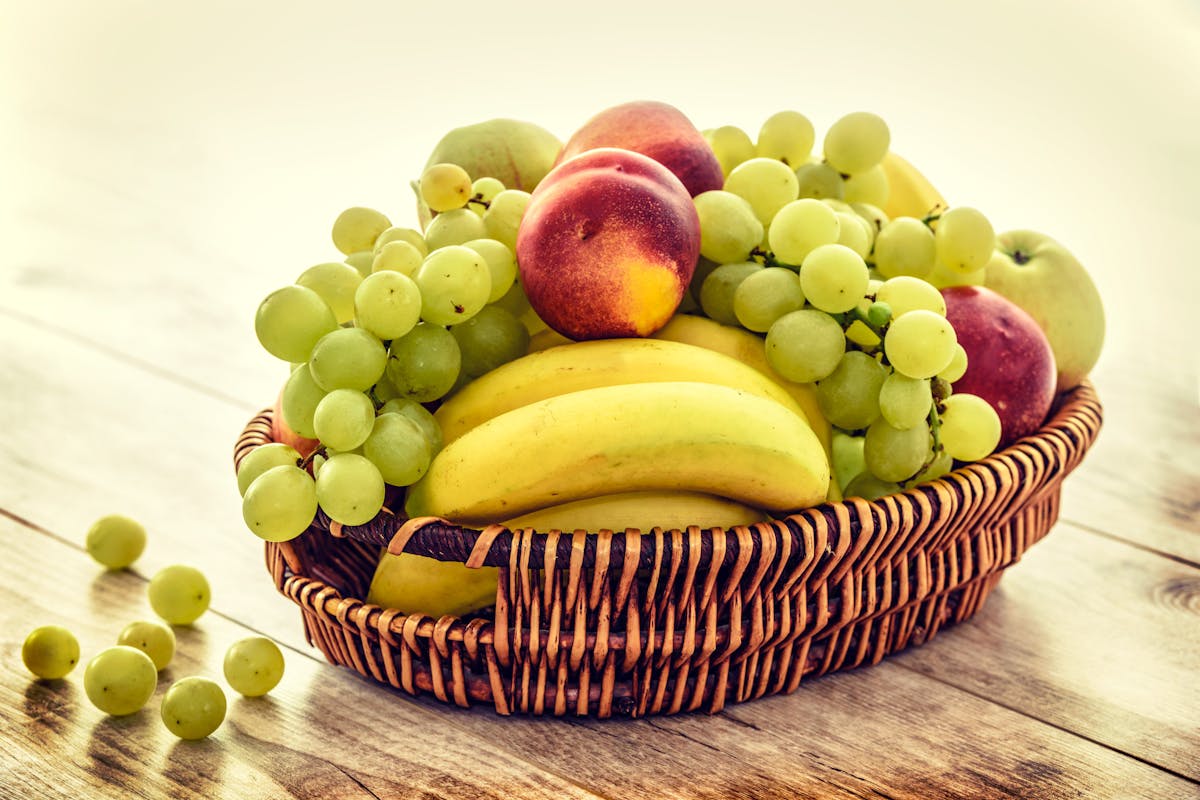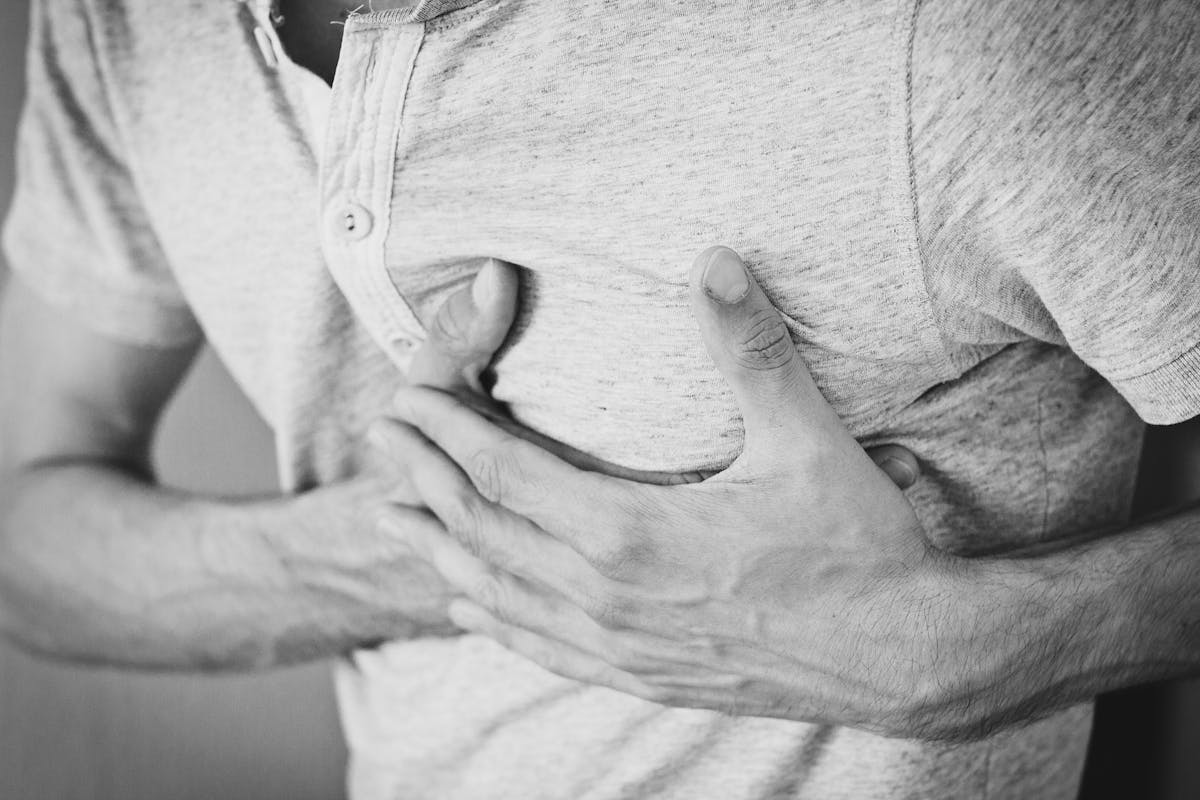Allergic asthma is a disease that can occur at any time of the year.
Spring used to be the "exclusive" season for allergies, but ragweed has disrupted this narrative. Since it blooms from July until the first cold winter days, it is now at the top of the list of "promoters" of allergic asthma, even in the autumn period.
What is asthma, really?
Asthma occurs due to the narrowing (called spasm or obstruction) of the airways. A complex reaction takes place on the mucous membrane lining the bronchi and bronchioles (these are the small and medium airways) between allergens (currently pollen) and cells that produce substances responsible for allergic reactions. These are mediators ("intermediaries") of the allergic reaction and lead to the narrowing of the bronchial pathways—writes the portal Biti roditelj.
Bronchial obstruction occurs partly due to the contraction (spasm) of the circular muscle in the bronchiolar wall but also due to excessive secretion of bronchial mucus. The result is difficulty in airflow during inhalation and exhalation.
Is asthma a hereditary disease?
Yes, but it can also occur in children whose parents do not have asthma!
Allergic asthma occurs in children predisposed to allergic diseases, which is professionally referred to as an atopic constitution. Therefore, it is not asthma that is inherited, but rather the predisposition to allergic diseases, with asthma being just one of them. Usually, close family members have some form of allergic disease (though nowadays, it is hard to find a family without allergies).
A child has a runny nose due to ragweed—can this "descend" to the bronchi?
Although the mechanism is very similar, these are two different diseases. Allergic rhinitis (hay fever) is an upper respiratory tract disease, while asthma affects the small and medium—i.e., the lower respiratory tract.
Allergic rhinitis does not "descend" to the bronchi, as is sometimes mistakenly thought! This, of course, does not mean that a child cannot have both diseases—they can, but in that case, it is an allergic reaction occurring in different parts of the respiratory tract.
Can an infection contribute to an asthma attack?
Yes, it can!
This often happens in children with allergic asthma and almost always in children suffering from non-allergic asthma. It is known that many viruses attacking the respiratory organs (respiratory viruses) trigger the chain of production and release of mediators—substances that lead to bronchial obstruction. Unfortunately, autumn viruses are already "raging," which is another reason for the increased frequency of asthma in the autumn period.
How to recognize allergic asthma in a child?
When a child has a typical asthma attack, it is easy to suspect the condition. The child breathes rapidly and with difficulty, wheezes, and coughs, often persistently and for a long time. The attack usually starts suddenly, so the child quickly ends up at the pediatrician.
Milder forms of allergic asthma sometimes "slip through," and the diagnosis is made only after investigating prolonged and bothersome coughing. Usually, infectious causes are ruled out first, revealing that the child has an undetected allergy with occasional bronchial obstruction episodes.
How is the diagnosis made?
In typical cases, any well-trained pediatrician can diagnose childhood asthma.
However, this does not mean the asthma is allergic. Therefore, the child is referred to an allergist for testing to determine whether an allergy exists. There are also tests to assess lung function (spirometry) in children, which can detect hidden asthma. These tests are routine, can be performed quickly, and when asthma is suspected, the path to diagnosis is usually short.
How is an asthma attack treated?
There are two main therapeutic goals: the first is to suppress the acute asthma attack, and the second is to prevent new attacks. Treatment is administered by a pediatrician, and sometimes an asthmatic child must be under the supervision of a subspecialist, such as a pulmonologist or allergist. Self-initiated use of asthma medications can be very dangerous!
Treatment of an acute asthma attack relies on bronchodilators—medications that widen the airways—which are most effective when inhaled. The prototype of this drug is salbutamol (Ventolin, Spalmotil, Aloprol…), most commonly used in children.
Are "hormonal" preparations dangerous?
Most children feel significantly better after inhaling bronchodilators. If inhalation therapy is ineffective (even after multiple repetitions), it indicates a more severe asthma attack. In such cases, the child must receive "stronger" medications—corticosteroid (hormonal) preparations, usually administered orally (if the child's condition allows) or via injections. Many parents have an unjustified fear of these medications. However, when used to treat an asthma attack, they have very mild and temporary side effects, making them a "therapeutic cornerstone" for treating serious asthma attacks.
In addition to dreaded injections, a combination of bronchodilators and corticosteroids can be administered via inhalation, especially in older children. Increasingly, younger patients are also prescribed inhaled corticosteroids to manage asthma attacks, of course alongside bronchodilators. Naturally, this therapy is supervised by the pediatrician monitoring the child.
How to prevent asthma attacks from recurring?
Prophylactic therapy primarily aims to reduce the frequency of asthma attacks or lessen their severity if they do occur. Indications for prophylaxis are determined by the pediatrician (sometimes with the help of a pulmonologist) monitoring the asthmatic child!
The best prevention is eliminating the cause (allergen) triggering asthma. For the vast majority of children allergic to ragweed, this is nearly impossible, as this pest has spread incredibly! Therefore, it is important to enable the child to live a normal life.
We will briefly describe the two most commonly used groups of medications for preventing (prophylaxis of) this disease.
- Inhaled corticosteroids
These medications have revolutionized the treatment of childhood asthma. They are safe and beneficial drugs, pharmacologically designed to act on the bronchial mucous membrane with minimal systemic absorption.
Prophylaxis is long-term, with the first effects appearing only after several weeks of therapy. Parents must be patient and prepared for months-long (often longer) treatment.
- Leukotriene inhibitors
Leukotrienes are also mediators of allergic reactions and are powerful "constrictors" of the respiratory tract. These drugs (Montelukast and others) are administered orally, and numerous studies confirm their efficacy. They have proven particularly effective in children with exercise-induced asthma, though they are increasingly used for other forms of the disease.
Can a child play sports?
Yes!
When allergic asthma is detected and treated early—with regular monitoring—the child can lead a healthy and high-quality life. Once lung function stabilizes, the child can participate in all usual activities, including competitive sports.
An ideal sport is swimming (and other "water" sports), but with good disease control, the vast majority of children can engage in the sport they love most. Of course, regular check-ups with a sports doctor and the pediatrician treating the child are essential.
There are many asthmatics who are Olympic and world champions in all sports disciplines.











